Contact Us
Get in touch
For all new business inquiries, please contact us at newbiz@cirrus.com or through the “Get in touch” form.


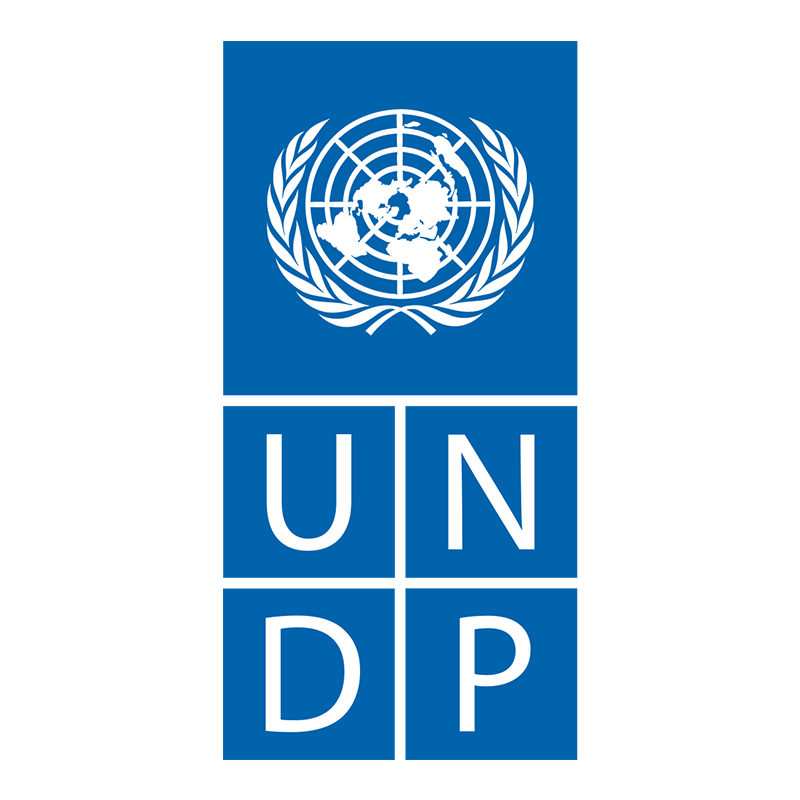

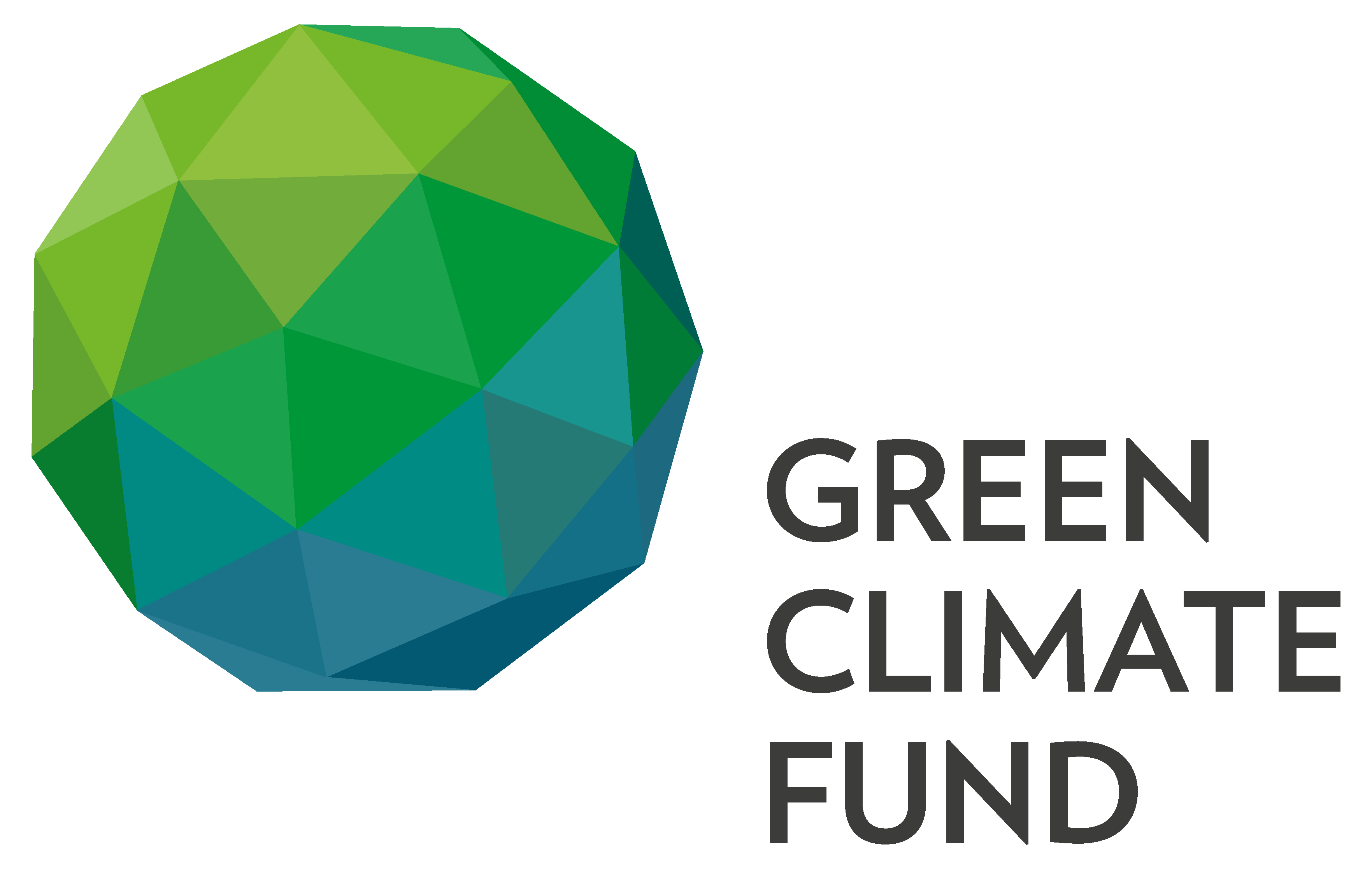
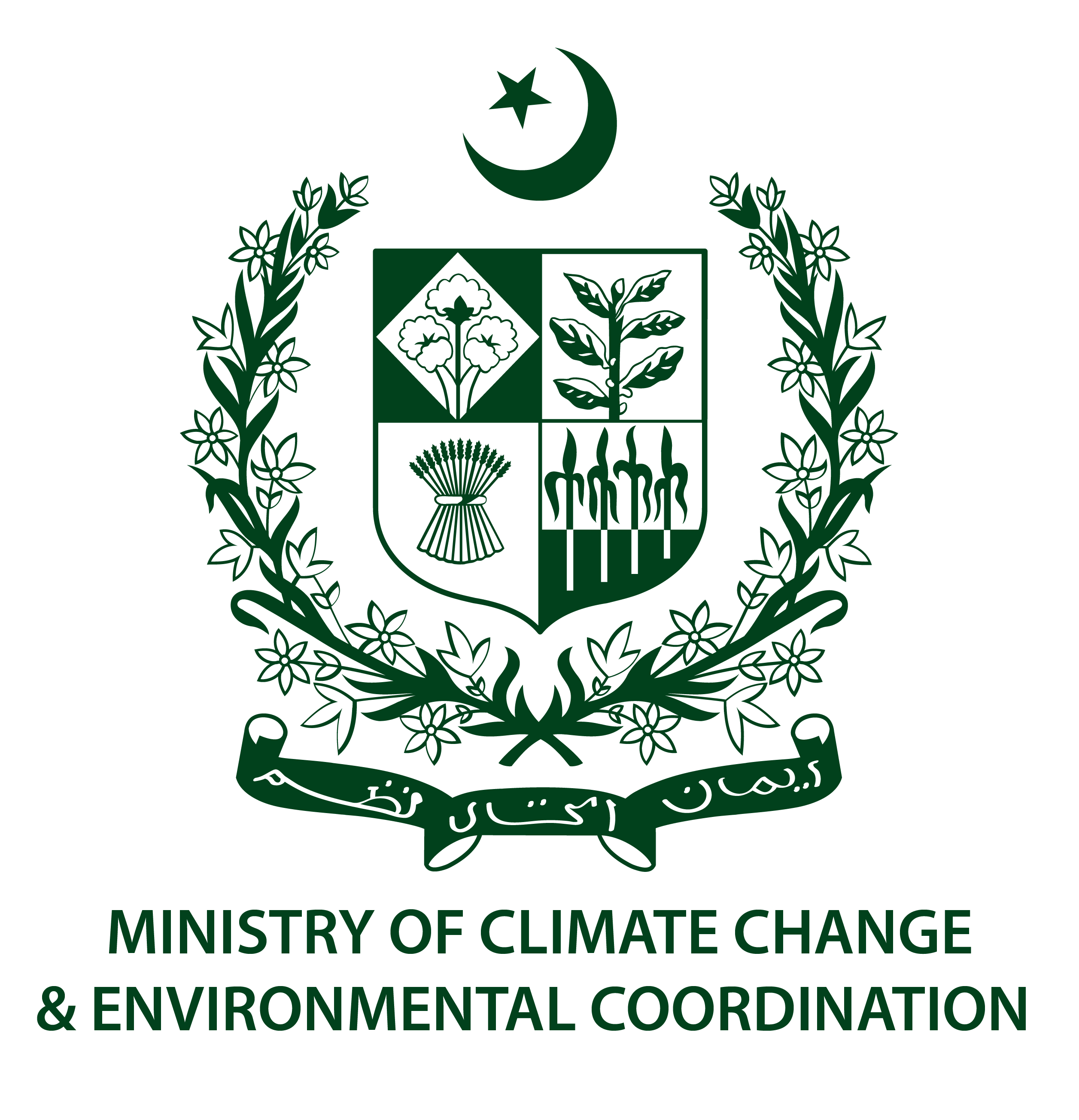
A comprehensive outreach campaign engaged students from GLOF-prone universities, leading to 253 applications from 18 districts. Through on-ground awareness sessions in 24 valleys, Cirrus educated young innovators on climate risks, disaster resilience, and entrepreneurship, ensuring equal participation of men and women.


The GLOF Hackathon drew an impressive 253 applications from passionate innovators, tech enthusiasts, and climate-conscious youth across Pakistan. After a rigorous shortlisting process, 18 standout teams from 15 diverse cities were selected as finalists—demonstrating both the geographic spread and the depth of talent ready to tackle climate resilience challenges head-on.

To ensure grassroots engagement, Cirrus conducted targeted awareness and outreach sessions in universities located within GLOF-vulnerable areas. These sessions helped sensitize students and faculty to the risks of Glacial Lake Outburst Floods while introducing the hackathon as a platform to contribute meaningfully. The initiative built local ownership and expanded access to underrepresented regions.

Beyond the event, the top teams were offered structured post-hackathon incubation and mentorship support to refine and scale their climate resilience solutions. This ensured that promising ideas didn’t end with the competition, but were nurtured into viable projects with the potential for real-world deployment in vulnerable communities—bridging innovation with long-term sustainability.

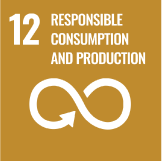
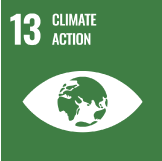
A comprehensive outreach campaign engaged students from GLOF-prone universities, leading to 253 applications from 18 districts. Through on-ground awareness sessions in 24 valleys, Cirrus educated young innovators on climate risks, disaster resilience, and entrepreneurship, ensuring equal participation of men and women.